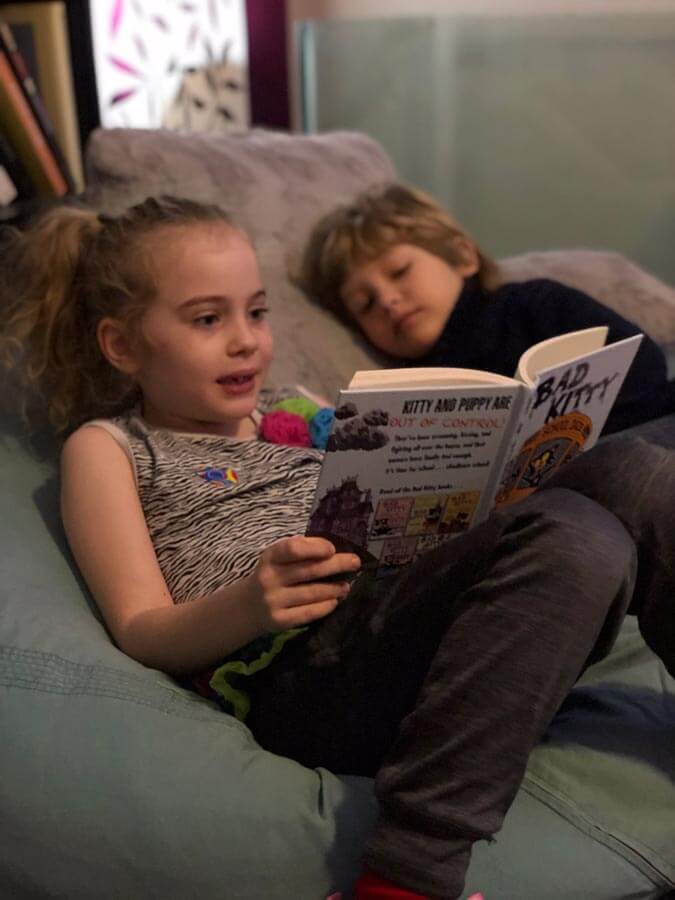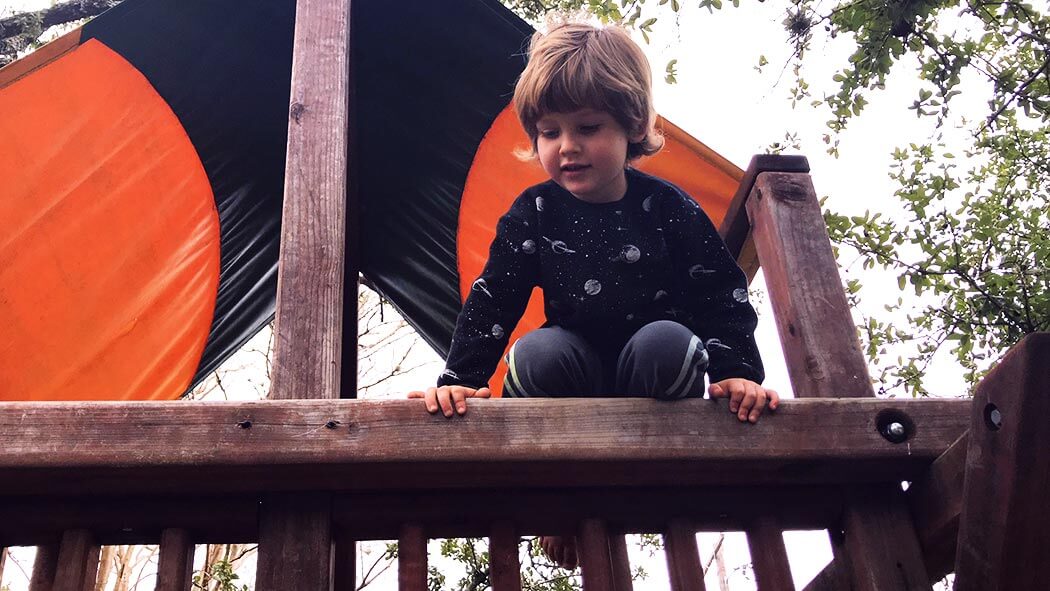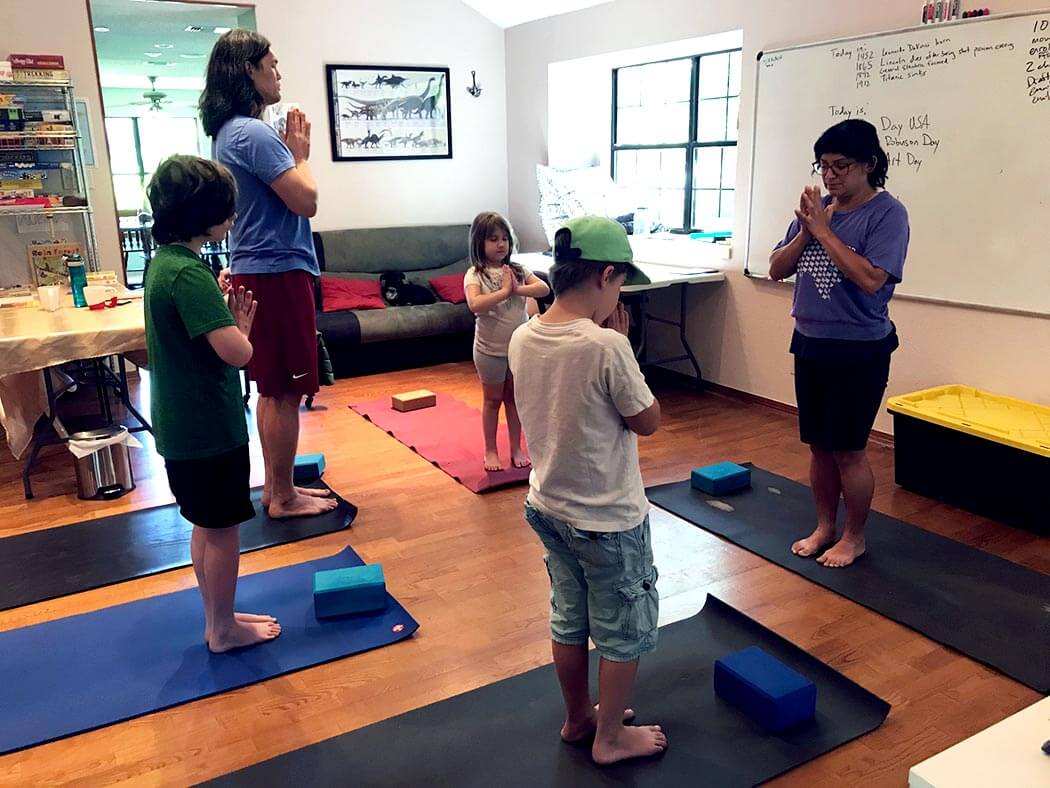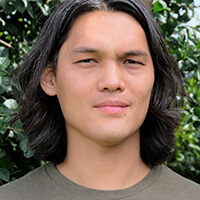
At Abrome, we trust children.
At Abrome, we trust children. But we recognize that we live in an imperfect world where children are not trusted, and not all adults can be trusted. Therefore, there are limits to our trust.
To elaborate, children are not trusted in our society because it is commonly believed that trust will lead to harm for the child or that the child will harm others. More specifically, if we trust children what will they do with that trust? Will they fall out of a tree, spend days on end playing video games and watching YouTube, play with fire or knives? Or will they end up vandalizing property or assaulting elderly people? And not all adults can be trusted because most do not trust children, and most do not want to see children existing freely in the world without a figurative leash, and many will even call the cops on free-range kids. Or in a worst-case scenario, an adult may kidnap them.
And in the context of a Self-Directed Education community, there is always the risk of litigation. Our community is filled with adults who are willing to trust us trusting their kids. But, are there limits to their trust? Does the trust exist only so far as no harm befalls their kids?
One of the aspects of Abrome that surprises most adults is that we have only three rules. Instead of a bunch of rules we have principles, agreements, and awarenesses1. Our principles are simple and should be universal to any community: take care of yourself, take care of others, and take care of the space. Our agreements, such as participation in daily meetings and cleaning up after ourselves, allow us to function as a learning community. And our awarenesses are how we address challenges or opportunities that any Learner or Facilitator can raise, and that we work on together to continually co-create a culture that serves everyone in the community.

Some may quibble over semantics and argue that our principles, agreements, and awarenesses are rules. We see it differently. We are not interested in controlling young people. Instead, we are interested in building a community where young people take control of their own lives and contribute meaningfully to the lives of others. We have no need for a rule book that dictates to young people what they can and cannot do, and we do not have punishments (or rewards) built in as consequences for the decisions they make.
While there is an expectation that Learners honor the principles, agreements, and awarenesses raised, there are not punishments that are meted out when Learners come up short. Instead, we are in communication with each other. We reflect upon the decisions we make and the actions we take. When we do not live up to our standards for ourselves and each other we view it as an opportunity for growth. We change over time because we find value in our lives, in each other, and in our community. And we trust that every Learner wants that.
We trust children, but there are limits to our trust. That is why the three rules we have at Abrome are no weapons, no pornography, and no drugs. The reason these are rules is that their presence in the space would threaten the existence of the community (even though they are often present in conventional schools), and they must be explicitly addressed in advance. Virtually all other potentially harmful behavior falls under the umbrella of our principles, agreements, and awarenesses. Virtually all other harmful behavior can be worked through, and most adults would understand that. But we cannot trust that adults would see weapons, pornography, or drugs as something that we should work through. We trust children, but we know society does not, and that is why there are limits to our trust.

This article was originally published here on August 3, 2019 and has been reprinted by permission of the author.
[1] A necessary attribute of Self-Directed Education is that it is freely chosen by the Learner. And to opt into Abrome the Learner agrees to honor the community’s principles and agreements, and to work on the awarenesses that are raised.
If you enjoyed this article and feel called to give back to ASDE, here are ways you can support our work:
- Donate money
- Share our content with others! Click one of the buttons above to easily share on Twitter, Facebook, or email.
- Consider becoming a Contributor for Tipping Points
Tipping Points Magazine amplifies the diverse voices within the Self-Directed Education movement. The views expressed in our content belong solely to the author(s). The Alliance for Self-Directed Education disclaims responsibility for any interpretation or application of the information provided. Engage in dialogue by reaching out to the author(s) directly.






